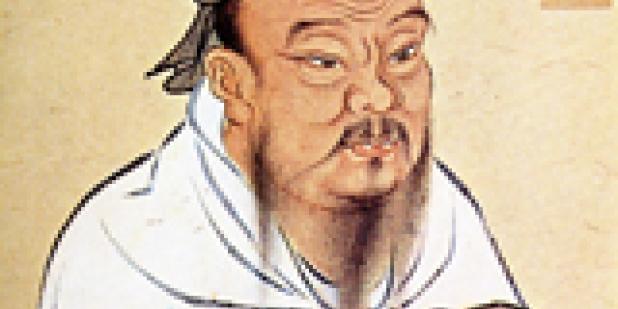Happy Lunar New Year from the USC US-China Institute!
Confucian Learning as the Qing Ceded to the Republic
The Ohio States University presents a public talk on Confucian Learning.

Speaker: Barry Keenan
Barry Keenan has taught history at Denison University for thirty-five years, and helped organize the East Asian Studies program at Denison. His latest book is for non-specialists: Neo-Confucian Self-Cultivation.Honolulu: University of Hawai’i Press, 2011.
His first book, The Dewey Experiment in China: Educational Reform and Political Power in the Early Republic (Cambridge: East Asian Research Center, Harvard University Press, 1977) was his Ph.D. dissertation at Claremont Graduate University. In the summer of 2011, the Higher Education Press in Shanghai requested permission to publish a Chinese translation of that 1977 book. His second book was: Imperial China’s Last Classical Academies: Social Change in the Lower Yangzi, 1864-1911(Berkeley: Institute of East Asian Studies, University of California, 1994).
Lecture Abstract:
The Confucian revival in the PRC began to get traction in the mid-1990s, and had benefitted from much cross-fertilization from outside of China proper. But one issue that bedevils the movement inside and outside of China is the precept Confucius himself made clear: without its actual practice, a moral value is not even fully understood.
The final moment in China’s recent history when some societal support was still possible for the actual practice of lifelong Confucian virtues was in the late-Qing. So what was the most sophisticated and up-dated version of Confucian ethics as taught and practiced in 1895? This version can be a legitimate platform for later revivals.
Featured Articles
We note the passing of many prominent individuals who played some role in U.S.-China affairs, whether in politics, economics or in helping people in one place understand the other.
Events
Ying Zhu looks at new developments for Chinese and global streaming services.
David Zweig examines China's talent recruitment efforts, particularly towards those scientists and engineers who left China for further study. U.S. universities, labs and companies have long brought in talent from China. Are such people still welcome?






